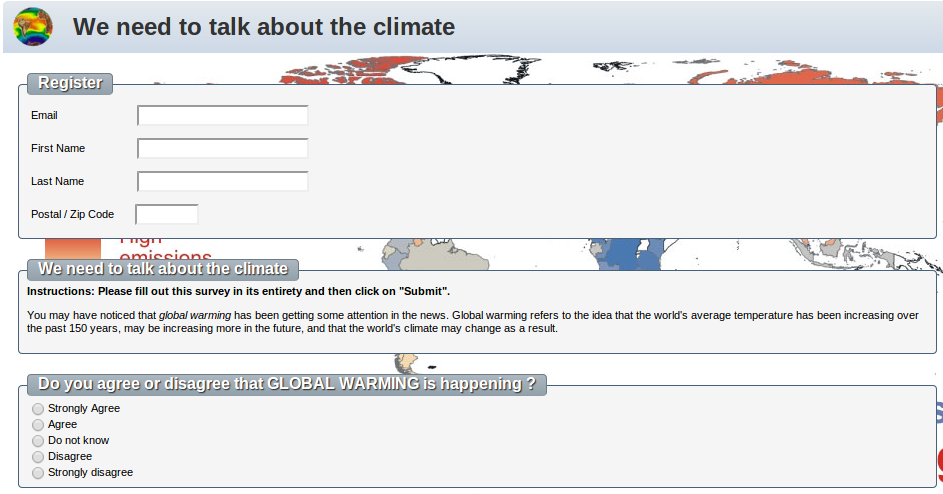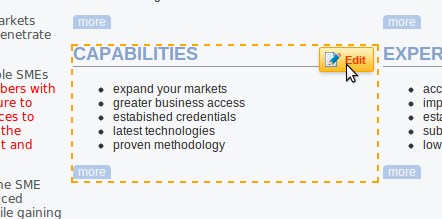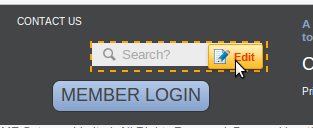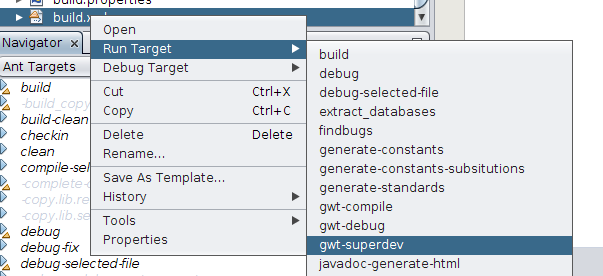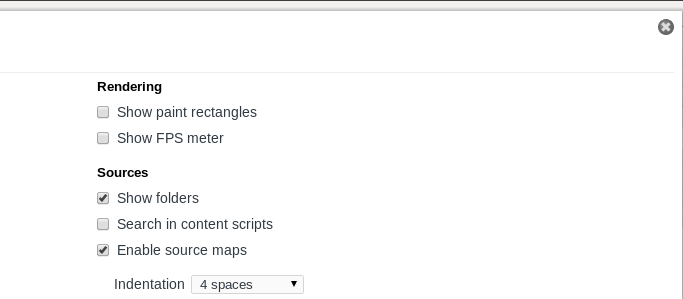The file /etc/hosts.deny on Unix/Linux can block login attempts based on counties. The below is a simple host.deny file to block all countries but your own ( in my case Australia), sure this is not the whole answer to securing a system but it sure cuts down the number of hack attempts.
sudo vi /etc/hosts.allow
#
# hosts.deny This file describes the names of the hosts which are
# *not* allowed to use the local INET services, as decided
# by the '/usr/sbin/tcpd' server.
#
# We will block *all*
- 25 Jul 2013
Pages can have any number of aliases. When a page's path is renamed the system will automatically add an alias from the page's previous path to the current page.
This prevents 404 errors which are a well known cause of user frustration and lower SEO rankings.
When a user requests a URL first a matching page is searched then the page aliases are searched, if a matching page alias is found then that page is used. There are NO 301/302 errors returned there is just many paths to the same page.
- 19 Jul 2013
To make a site the default for a domain or set of domain names a comma separated list of host name patterns is entered.
The default site is calculated to be the first PUBLISHED site with a matching host name pattern, if no matching sites then the first site will a blank host name list.
The domain name registry itself must be done as normal to point to the system with providers such as goDaddy or Netregistry
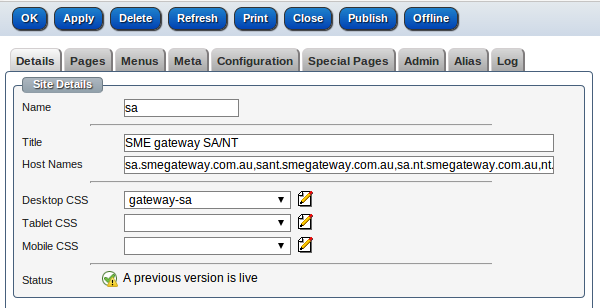
- 19 Jul 2013
A sample questionnaire :-
http://polls.stsoftware.com.au/site/climate/
To create a questionnaire:-
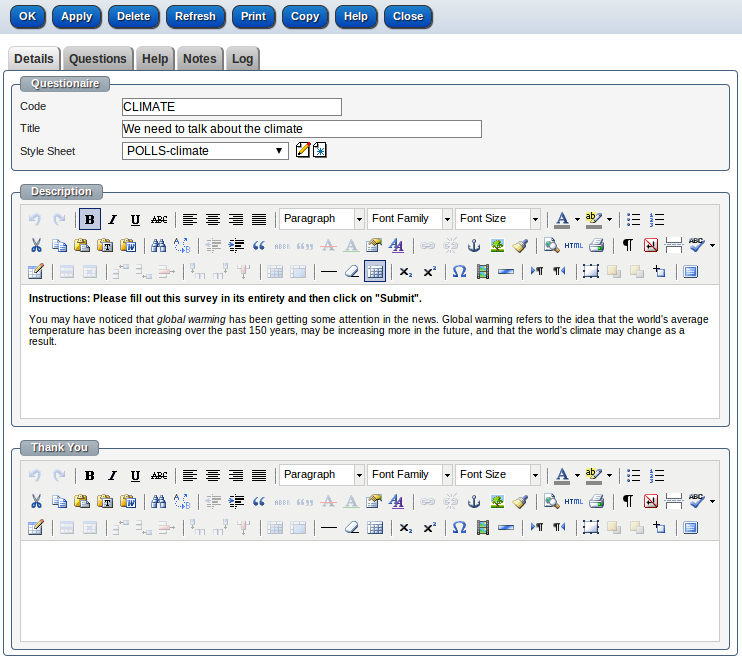
List of questions:-

Create a new question:-
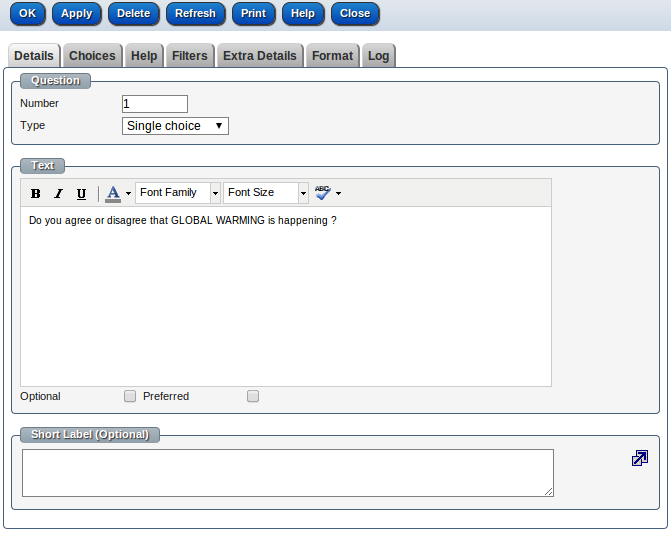
List of choices:-
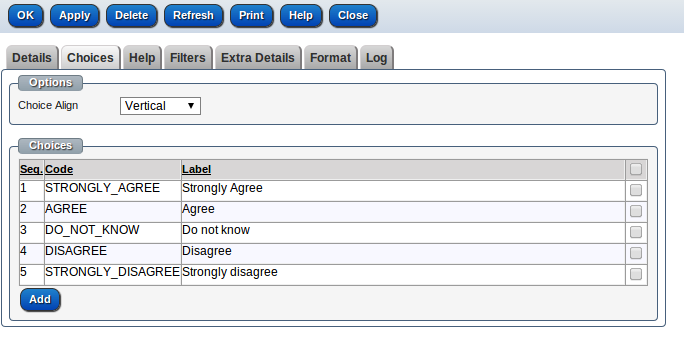
Resulting sample survey:-
- 18 Jul 2013
A quick demonstration of the Handlebar (mustache) support in stSoftware's CMS. https://github.com/jknack/handlebars.java
- 2 Jun 2013
Article titled with non URL friendly characters will be automatically translated to a friendly path when published.


http://en.wikipedia.org/wiki/Clean_URL
- 11 Apr 2013
On 28 of March 2013 the web's DNS was under attack by one of the largest DDoS attack in the web's history.
http://www.abc.net.au/news/2013-03-28/huge-cyber-attack-slows-internet-globally/4598574
The DNS is used by a web browser to translate a host name to a IP address, which is a bit like using a phone book to look up a person's phone number.
There are a number of ways of working around a DNS outage:-
Change the DNS servers used
- This can be done on the Router setup
- This can be done on the browser itsel
- 27 Mar 2013
Web Frameworks used:-
Server frameworks:-
- Apache ActiveMQ
- Apache Commons
- Apache Jackrabbit
- Apache JAMES
- Apache JSPWiki
- Apache log4j
- Apache Lucene Core
- Apache POI
- Apache Xalan for Java XSLT Processor
- Apache Xerces for Java XML Parser
- Jasper Reports
Build control:-
- Source control: CVS & SVN
- Issue tracking: Integrated into base system.
- Build control: Ant/Mavin
- Automated testing: JUnit
- Languages Used: Java 7, HTML5, JavaScript
- Supported Database with
- 27 Mar 2013
